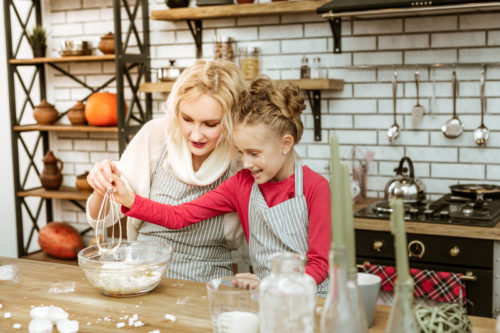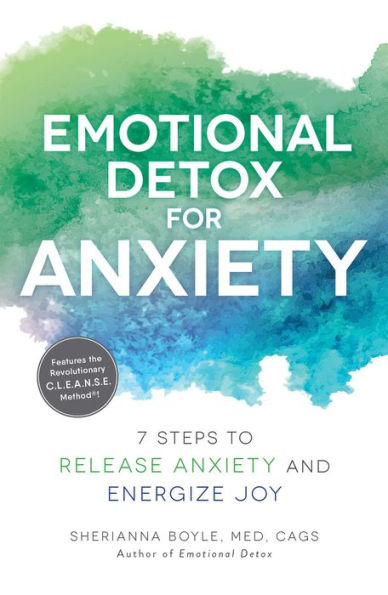In just a matter of days the world turned topsy-turvy. Last week I was in the Rhône Valley visiting vineyards for a work assignment with little access to world news. Then March 12 started a travel ban. We returned to the U.S. March 13. JFK Airport was eerily quiet at 5 p.m. when we arrived, usually a very busy time.
By Saturday, photos showed turmoil in the same location. Now we are hibernating at a time when we desire a joyful spring awakening, a week we usually go out to celebrate our wedding anniversary. Projects are on hold; three work trips for March and April are canceled. We are contemplating what’s next.
We accept life on pause. But it is disquieting. How do you process and cope with a situation that is changing by the day around the world and affecting so many people you know and work with? How do you manage anxiety creep? How do you feel less alone when your are socially isolating? What is the impact from all of this?
According to a 2017 report from Brigham Young University, social isolation can be harmful to your health, impacting physical and cognitive function, mental health and overall decline. Read this article “Social Isolation: It Could Kill You” from the American Psychological Association (May 2019)
Humans are naturally social creatures. Processing the directive to socially isolate is like telling us to wear our clothes inside out and shoes on different feet. We can do it, but it feels awkward and uncomfortable.
Here are some tips I hope will help
Go outside for fresh air. The days are longer and getting warmer. Being in nature will uplift your spirits and get you moving which increases your endorphins and helps generate a calming effect.
If you are working from home, which I do every day, create a quiet work space away from distractions to help you concentrate. Set aside a chunk of time to answer emails and check social media rather than throughout the day (unless that is your job). This will help you stay focused and be more productive.
If your mind is wandering, step away from what you are doing for a few minutes to reset. Try a five-minute movement break every hour. One of the advantages of working remotely is creating flexible hours to take advantage of when you feel more productive.
Manage the information you take in to avoid overload. The frenzy of news and social sharing is overwhelming. Limit television and social media screen times to specific times of the day and not late at night.
Call a friend at the start or end of the day to say hello. That person may also feel isolated. I try to call one person every day.
If your children are at home because schools are closed, this is a great time to do things together: read, cook, play games and music and limit all screen time. This is not the time to socially isolate within your own house.
Do something with your hands. I have friends who are quilting, cooking, gardening crafting and painting. I am not talking about doing chores; make it creative and enjoyable.
Finally, remember this: When the world seems complicated, try to simplify. When things feel unsettled, your life and activities may need to resettle a bit to adapt and adjust. There is help and support to stay calm amid chaos.

Cooking can be a calming way to work with your hands and engage your children. Photo © Viacheslav Iacobchuk |Dreamstime.com
Listen to this episode of Fearless Fabulous You for more tips to cope, de-stress and rid yourself of unhealthy anxiety even during the most difficult of times.
About this show’s guests:

Professor Sherianna Boyle, MED, CAGS is a specialist on helping individuals cope with anxiety. Her latest book is “Emotional Detox for Anxiety.” www.SheriannaBoyle.com

Columbia University Medical Center Psychologist Dr. Colleen C. Cullen is a specialist in child psychiatry, anxiety and depression. Info











